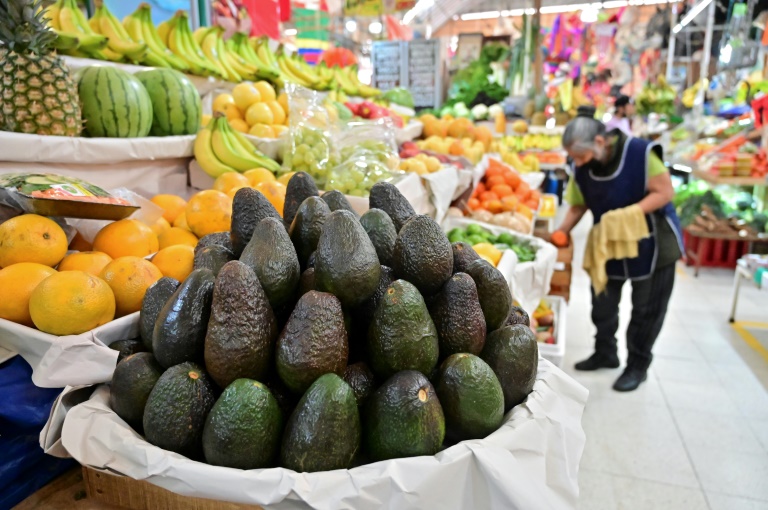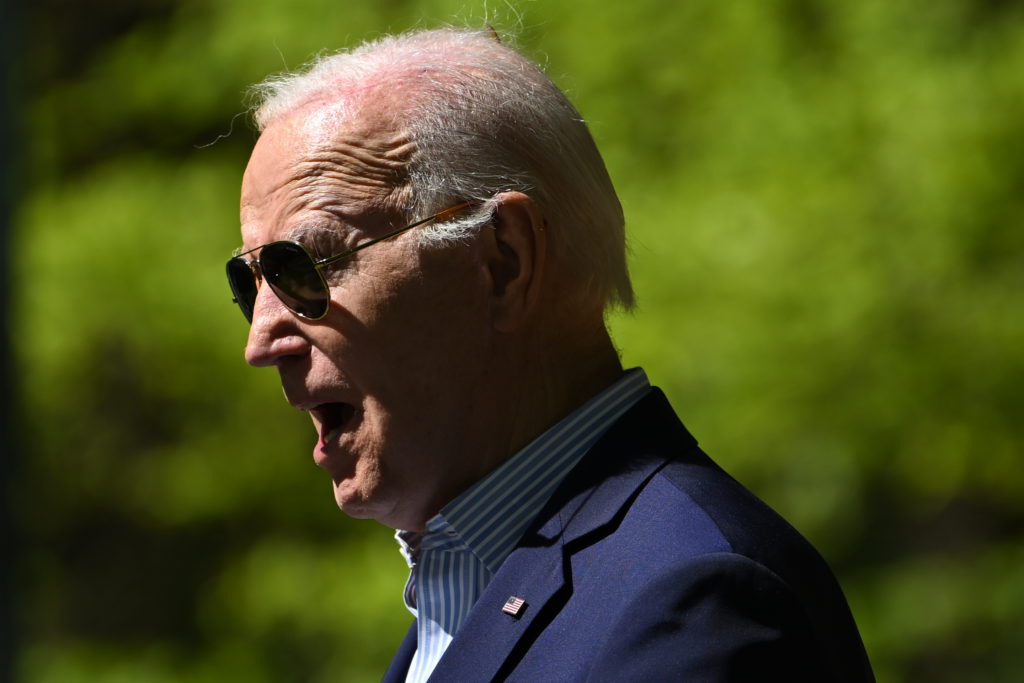Mexico announced Wednesday an agreement with members of the private sector aimed at maintaining prices of staple foods in the face of the highest inflation in two decades.
“This is not about price controls. It’s an agreement, an alliance to guarantee that the basic food basket is priced fairly,” President Andres Manuel Lopez Obrador told reporters.
The non-binding pact is designed to keep prices of basic foods stable for at least six months, Finance Minister Rogelio Ramirez de la O said.
Mexico’s influential Business Coordinating Council said it was ready to help maintain the prices of 24 staple foods.
Baked goods giant Bimbo pledged to maintain the price of white bread.
Telmex, the communications giant owned by tycoon Carlos Slim, also threw its weight behind the plan, promising not to raise telephone and internet prices this year.
But not all Mexicans were convinced.
“I don’t think it’s going to work,” said Javier Ramirez, a 40-year-old programmer waiting to buy groceries at a market in the capital.
“Everything’s more expensive and salaries aren’t rising at the same rate as inflation,” added Ramirez, who said he had cut back on avocado and fish due to the high prices.
Javier Espinosa, a 53-year-old shopkeeper, called the plan a “joke” because the prices of many other goods not covered by the agreement are likely to keep rising.
“The truth is I don’t feel like it helps at all,” he said.
“What you have to do is invest — in the countryside, in tourism, everywhere” to generate more incomes and jobs, Espinosa added.
Like many countries, Mexico is facing a sharp rise in consumer prices that is pushing up the cost of living.
Mexican inflation hit 7.45 percent in March, well above the central bank’s target of around 3.0 percent.
Mexico already subsidizes fuel, using money generated by its oil and gas industry, without which inflation would be around 10 percent, Ramirez de la O said.
The measures presented by the government also aim to boost production of corn, rice and beans to prevent shortages.
Two million more tons of fertilizer — a product facing a supply squeeze because of the war in major producer Ukraine — will be distributed to the agricultural sector.
The government said it would boost road security to prevent food theft and pledged not to increase tolls and rail transport fees.
The Mexican central bank has raised its benchmark interest rate at seven consecutive meetings, to 6.5 percent, in an attempt to rein in soaring consumer prices.
With concerns mounting about inflation and weaker US growth, the Bank of Mexico downgraded its economic outlook in March, forecasting growth of 2.4 percent this year.










